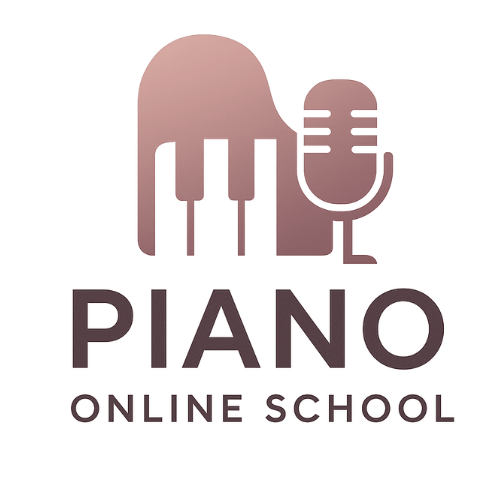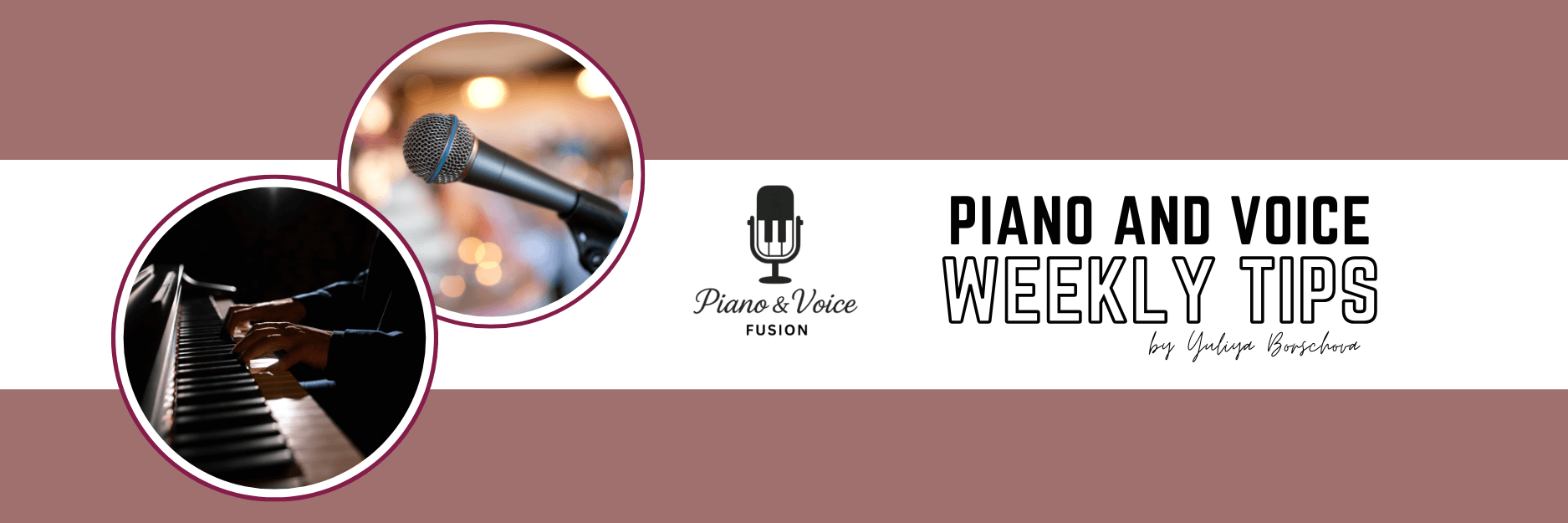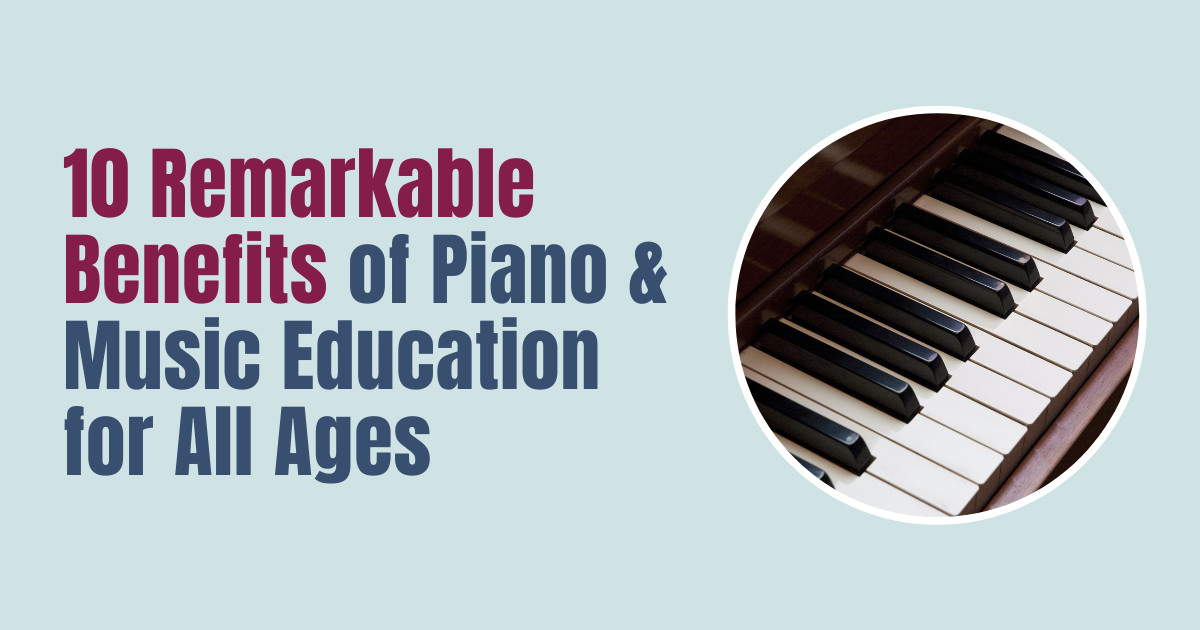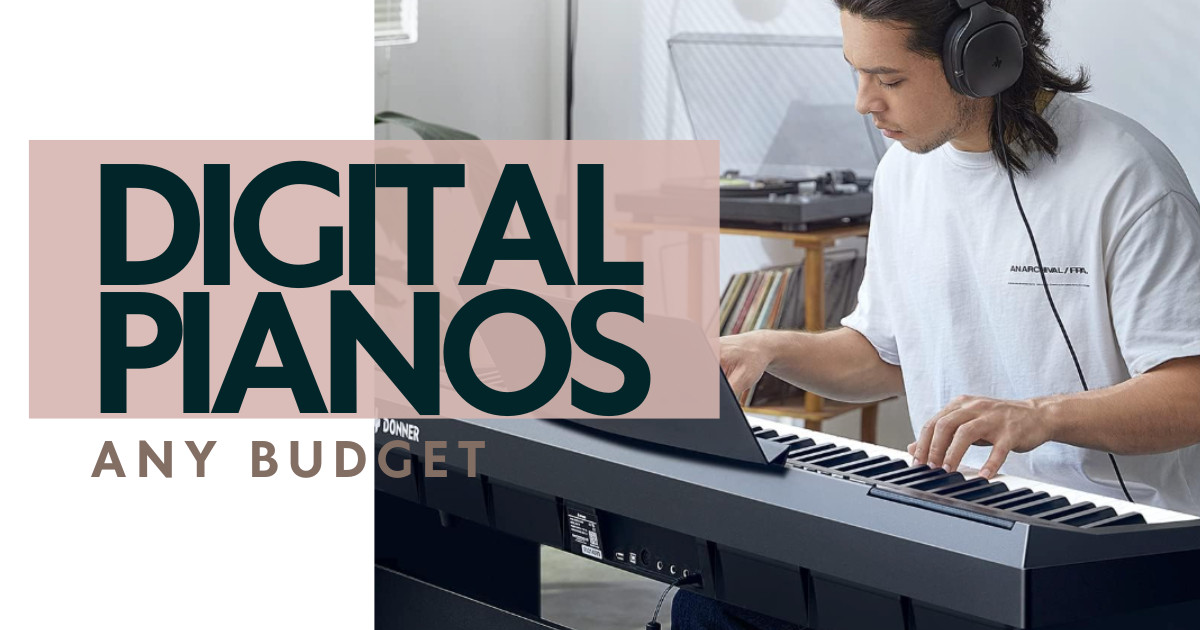
As a Piano and Voice educator I often get asked —which piano to buy and what tools and gears are needed for piano and voice . Whether you're starting your journey or are ready to elevate your craft, I've created most recommended lit of top-rated digital pianos, pedals, benches, and more from Amazon's best offerings for different budgets.
Why upgrade your piano? As you grow musically, you'll crave richer sound, greater expression, and more freedom in your performance. Beginners often hit a limitation with basic keyboards, lacking the nuances needed for full emotional expression. Upgrading is not just about sound quality; it's about capturing the depth and texture of your musical journey.
Discover my personally tested top picks, used by both me and my students. From budget-friendly 88-key digital pianos perfect for novices upgrading from a starter keyboard, to professional stage-quality pianos designed for serious musicians—this guide is your roadmap to finding the perfect instrument to match your aspirations. Whether you seek a compact solution or high-end features for live performances and recording, there’s a choice for every stage and budget.
Checkout the list now and find your perfect piano, ensuring every note you play resonates with the passion and precision it deserves!
Read more...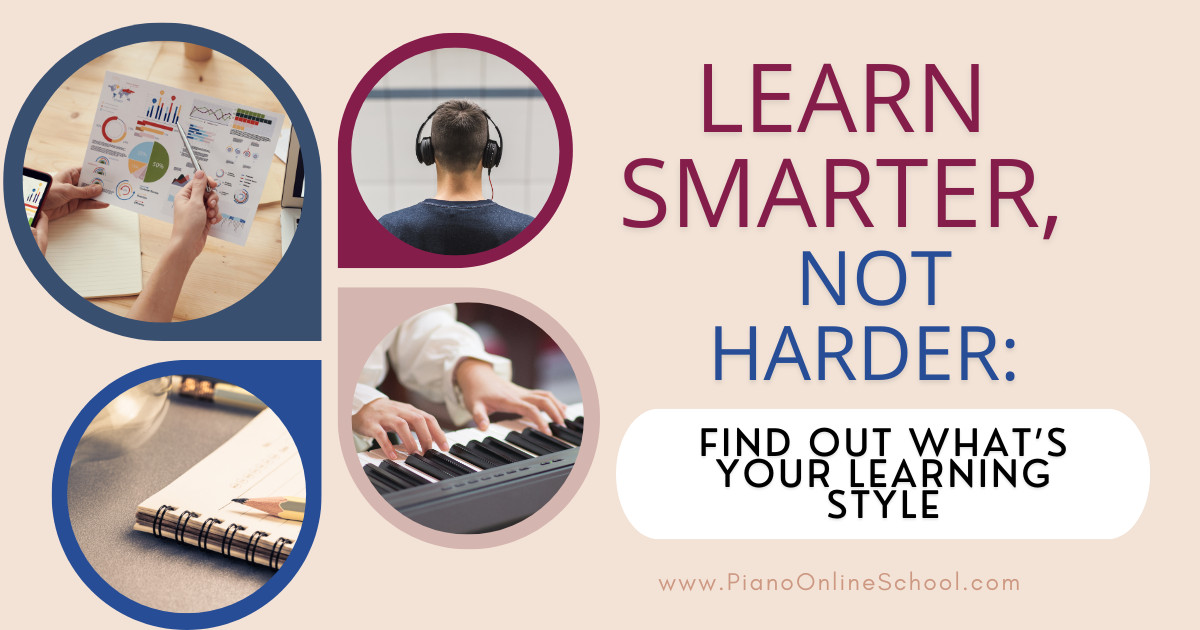
Understanding how we learn can significantly influence our ability to absorb, process, and retain information. The concept of learning styles—visual, auditory, reading/writing, and kinesthetic—provides valuable insights into how individuals can optimize their learning experiences. Recognizing these styles can transform struggles into significant achievements, as evidenced by a group of musicians who enhanced their learning and performance by identifying their unique learning preferences.
Visual learners, for example, thrive with visual aids such as charts and graphs, which can help them to internalize complex concepts like musical structures more effectively. Auditory learners excel through listening, leveraging discussions and audio resources to ignite their understanding. Meanwhile, those who favor reading and writing find power in words, enhancing retention through note-taking and extensive reading, while kinesthetic learners engage deeply with subjects through hands-on experiences that turn abstract concepts into tangible knowledge.
Discovering your learning style can unlock new potential in your educational pursuits. By tailoring your learning methods to fit your personal style, you enrich both the efficiency and enjoyment of the process.
Read more...